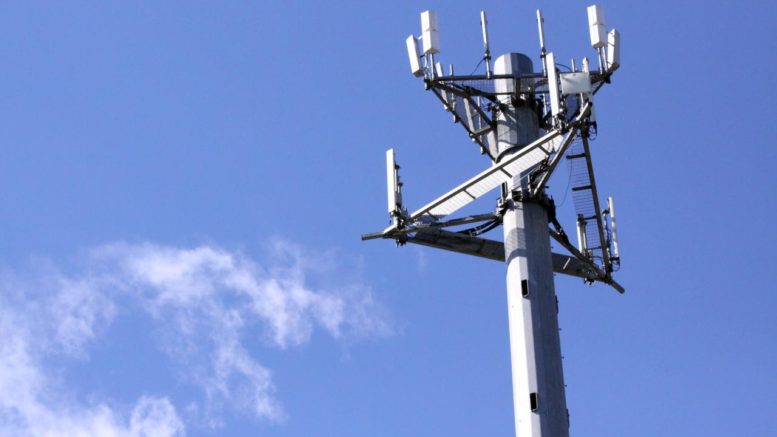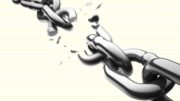No it will not. There have been a lot of rumors about cell boosters over the years and the most common one is that cell boosters will overload the cellular network and cause all sorts of havoc, potentially shutting down the whole thing. The scary thing is that actually used to be true, but it’s not anymore. I’ll explain why.
What a cell phone signal booster does
Cell boosters take signals from cell towers and amplify them for use in a home or office. If those signals got too strong, they could reach all the way back to the cell tower and overload it. In fact all it would take would be having the indoor signal reach to the outdoor antenna. A strong booster placed in the wrong location could do this easily, and there were cases in the early days of cell boosters where this happened.
What you get in that situation is a feedback loop similar to putting a microphone next to a speaker. It gets louder and louder and eventually gets painful. When that happens to a cell tower, the cell tower can shut down. But let’s be honest, it never explodes.
Why this doesn’t happen anymore
Today’s cell boosters are required to have systems that automatically dial down the power if there’s a problem. This happens automatically and the system is checked constantly, often several times per second. A properly functioning cell booster cannot take down the cell network and it’s hard to imagine a situation where the overload protection stopped working but the rest of the booster worked just fine.
The big change happened in 2014 when new FCC rules were issued. These rules were designed to help the public feel more confident buying cell phone signal boosters. Among other rules, all cell boosters sold in the US were required to:
- come with all the parts needed to work properly
- be tested with the antennas they were supplied with
- include anti-feedback circuitry
Not only that, cell booster makers supply the major carriers with lists of boosters that have met this criteria. Each carrier has agreed that each approved booster is safe for their network.
How does anti-feedback circuitry work?
These anti-feedback systems work quickly and effectively. They simply dial down the broadcast power if they detect any feedback, and they are much more sensitive than your ears. You as a customer never notice any difference. Your booster uses automatic gain control to ensure that it’s always putting out the most power possible.
However, this doesn’t mean you can install a cell booster the wrong way and still get great results. If you put the outdoor and indoor antennas of a booster too close (or if there is no outdoor antenna, if you put the antenna too close to the base unit) the biggest thing that will happen is you’ll have wasted your money. The booster won’t work as well as you were hoping and you won’t get the coverage you were expecting.
No explosions, sorry. That’s never going to happen.
Here’s what will happen, though.
One thing I can tell you for certain is that you can get the best deal on the best products. All you need to do is shop the great selection of cell phone signal boosters at Solid Signal. If you’re not sure which booster is right for you, why not talk to an expert? Call us at 888-233-7563 during East Coast business hours and we’ll be happy to go through it all with you. Our Novi, Michigan based call center has dozens of technicians fully trained on the latest in cellular technology. Give us a try! If it’s after hours, just fill out the form below. We’ll get back to you, usually within one business day.





